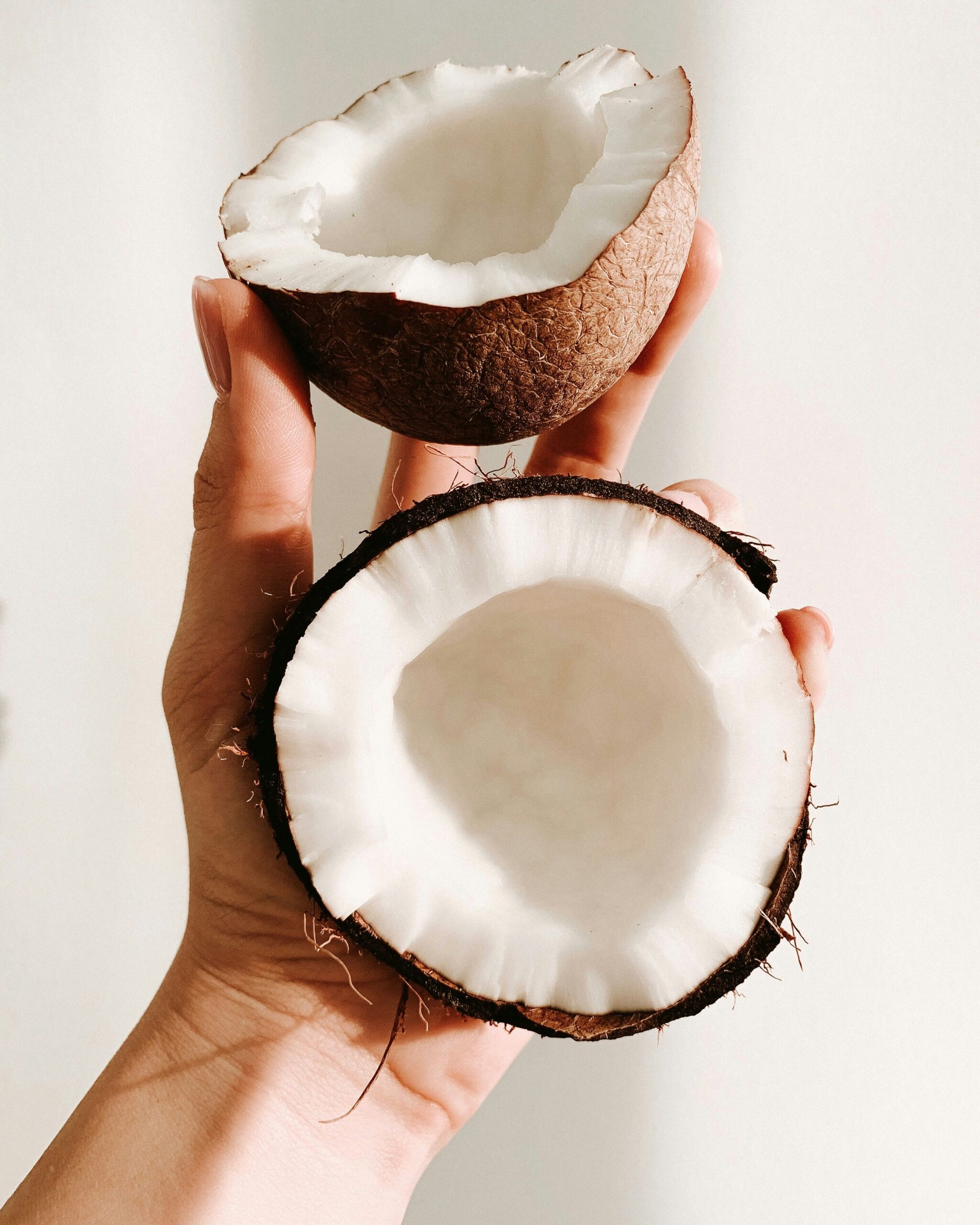Rosehip oil has been hailed as a beauty secret for centuries, revered for its ability to transform skin with its nourishing and healing properties. Extracted from the tiny seeds of wild rose bushes, this golden elixir is packed with vitamins, antioxidants, and essential fatty acids that work wonders for every skin type.
Whether you’re battling dry patches, dark spots, or the signs of aging, rosehip oil has earned its place as a staple in skincare routines worldwide. But what makes it so effective? In this article, we’ll explore the science behind rosehip oil, its skin benefits, and how you can incorporate it into your skincare regime for a radiant, youthful complexion.
1. What is Rosehip?
Rosehip, also known as rose haw or rose hep, is the fruit of the wild rose plant (Rosa canina), typically found in temperate regions worldwide. These vibrant red or orange seed pods develop after the flower’s petals fall off, usually in late summer to early autumn.
Brief History in Skincare
Rosehip has been used for centuries in traditional medicine and beauty rituals. Ancient Egyptians, Mayans, and Native Americans valued it for its healing properties. Modern science has since validated many of these traditional uses, making rosehip a staple in contemporary skincare.
2. The Nutritional Profile of Rosehip
Rosehip’s skin-loving properties stem from its rich concentration of:
- Vitamin C: Known for brightening and antioxidant effects.
- Vitamin A: Essential for cell turnover and anti-aging.
- Essential fatty acids (EFAs): Such as omega-3, 6, and 9, which maintain the skin barrier.
- Antioxidants: Like flavonoids and carotenoids, which fight free radical damage.
- Phenolic compounds: Known for their anti-inflammatory and antimicrobial properties.
3. Benefits of Rosehip in Skincare
3.1. Hydration and Moisturization
Rosehip is an excellent source of essential fatty acids, including linoleic and oleic acid, which lock moisture into the skin and strengthen its natural barrier. These properties make it ideal for dry, sensitive, or compromised skin.
3.2. Anti-Aging Power
Rosehip’s natural vitamin A (in the form of retinoids) promotes cell turnover and collagen production. Over time, this can reduce the appearance of fine lines and wrinkles, giving the skin a youthful, plump appearance.
3.3. Brightening Effects
Rich in vitamin C, rosehip helps to brighten the complexion and fade hyperpigmentation. It’s particularly effective for reducing the appearance of sun spots, acne scars, and melasma.
3.4. Healing and Repair
The combination of EFAs and antioxidants supports wound healing and scar reduction. Rosehip oil is often recommended for individuals recovering from surgery or dealing with stretch marks.
3.5. Anti-Inflammatory Benefits
Rosehip’s phenolic compounds and EFAs work together to calm redness and irritation. This makes it an excellent choice for conditions like eczema, rosacea, and acne.
3.6. Acne Prevention
Despite being an oil, rosehip is non-comedogenic (it won’t clog pores). Its linoleic acid content can help balance oily skin and reduce breakouts over time.
4. How to Use Rosehip in Your Skincare Routine
Step-by-Step Integration
- Cleanse: Start with a gentle cleanser to remove impurities.
- Tone: Apply a hydrating or soothing toner to prep the skin.
- Apply Rosehip:
- For rosehip oil: Use 2–3 drops, warming it in your hands before patting it onto your face.
- For serums/creams: Follow product-specific instructions.
- Seal with Moisturizer: Lock in the benefits with a suitable moisturizer.
- Use Sunscreen: During the day, always apply SPF to protect your skin, especially if using vitamin C.
Best Practices
- Use rosehip products in the evening to maximize repair and renewal.
- Conduct a patch test before first use to rule out allergies or sensitivities.
5. Rosehip Oil vs. Rosehip Extract
Rosehip Oil
- Source: Extracted from the seeds of the rosehip fruit.
- Best For: Hydration, anti-aging, and repairing dry skin.
- Texture: Lightweight but nourishing.
Rosehip Extract
- Source: Derived from the whole fruit, including skin and seeds.
- Best For: Brightening and antioxidant protection.
- Form: Commonly found in serums, creams, or masks.
6. Top Products Featuring Rosehip
Best-Selling Rosehip Oils
- The Ordinary 100% Organic Cold-Pressed Rosehip Seed Oil: Affordable, pure, and effective.
- Trilogy Certified Organic Rosehip Oil: A cult favorite with clinically proven results.
- Pai Rosehip Bioregenerate Oil: Great for sensitive and acne-prone skin.
Notable Rosehip-Based Skincare
- Sunday Riley Juno Antioxidant Oil: Combines rosehip with other botanical oils for maximum radiance.
- Herbivore Botanicals Phoenix Facial Oil: Features rosehip for hydration and anti-aging benefits.
- Mario Badescu Vitamin C Serum: Utilizes rosehip extract for brightening and revitalizing tired skin.
7. Potential Side Effects and Precautions
Possible Reactions
While rosehip is gentle and suitable for most skin types, some individuals may experience:
- Allergic Reactions: Itching, redness, or hives.
- Breakouts: Rare, but possible for those with extremely oily skin.
- Photosensitivity: When using vitamin C-rich products, always pair them with sunscreen.
Tips for Safe Use
- Choose high-quality, cold-pressed rosehip oil for maximum efficacy.
- Store products in a cool, dark place to prevent oxidation.
- Consult a dermatologist if you’re pregnant, breastfeeding, or using prescription skincare.
9. Conclusion
Rosehip is a versatile and effective ingredient that can transform your skincare routine. Packed with essential nutrients and antioxidants, it addresses a wide range of skin concerns, from hydration and anti-aging to brightening and healing. Whether you prefer the simplicity of pure rosehip oil or advanced formulations with rosehip extract, this ingredient has something to offer everyone.
By understanding its benefits, selecting high-quality products, and incorporating it into your routine wisely, you can harness the power of rosehip for healthy, radiant skin.




